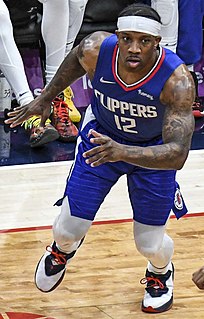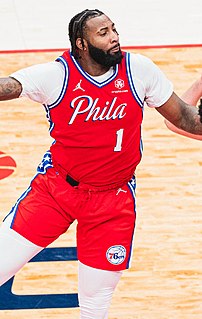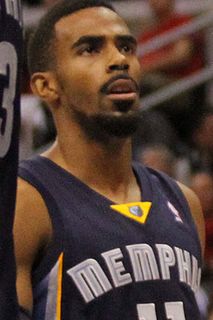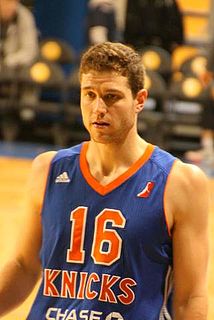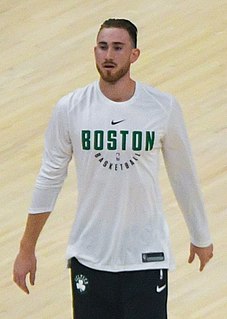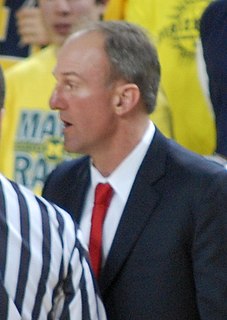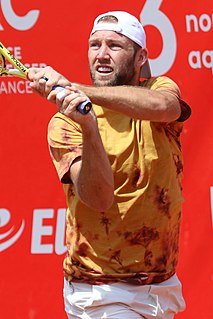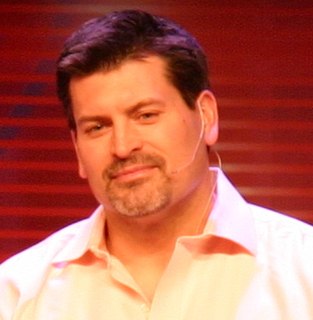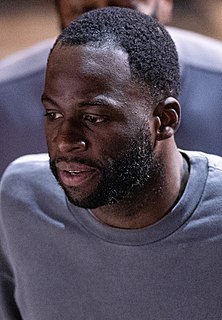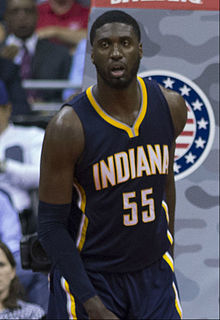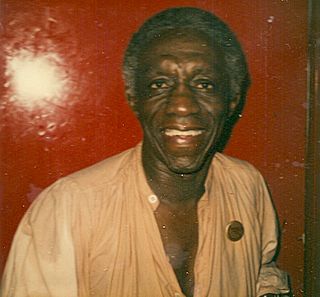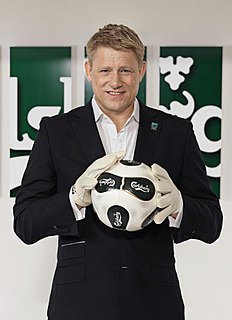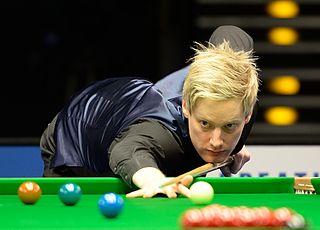A Quote by Eric Bledsoe
If I miss a shot, make a turnover - move on to the next play, don't compound the mistake by getting down.
Related Quotes
So much of the game is mental, and that's one thing that I've always wanted to be good at. That if I miss a shot or make a bad play, to never let your opponent see that you are in duress or upset - that they've won in any way. So if I make a big game-time bucket or if I miss a shot, you'll see the same mannerisms. I move on to the next play.
Tennis is a great game, a great sport because you're out there by yourself, so you have to move on to the next point, next game, next set, whatever. It's the same thing in basketball. If you miss a shot, you move onto the next one. If you turn it over, you move onto the next play. That certainly helped me.
One of the greatest handicaps is to fear a mistake. You have stopped yourself. You have to move freely into the arena, not just to wait for the perfect situation, the perfect moment... If you have to make a mistake, it's better to make a mistake of action than one of inaction. If I had the opportunity again, I would take chances.
